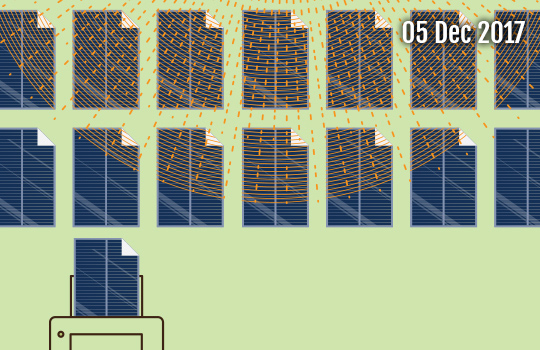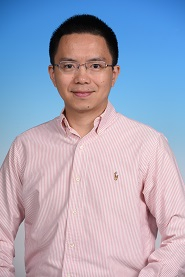As solar light provides a clean and abundant source of energy, solar cells are considered one of the most promising renewable energy technologies. Yet while mainstream c-Si cells can be highly efficient in converting solar power, their production process is costly and complicated, and involves high use of conventional energy. Since 2012, however, Professor Yan and his research team at HKUST have made a series of important breakthroughs in developing next-generation organic solar cells that can be even more efficient than their inorganic counterparts. Based on earth-abundant carbon materials, they are cheap and environmentally friendly to produce, using roll-to-roll printing processes. Professor Yan will explain the principles behind this emerging technology, which last year saw HKUST set a new world record and become the first university in China to feature in the renowned "Best Research Cell Efficiencies Chart", published by the National Renewable Energy Laboratory in the US.









